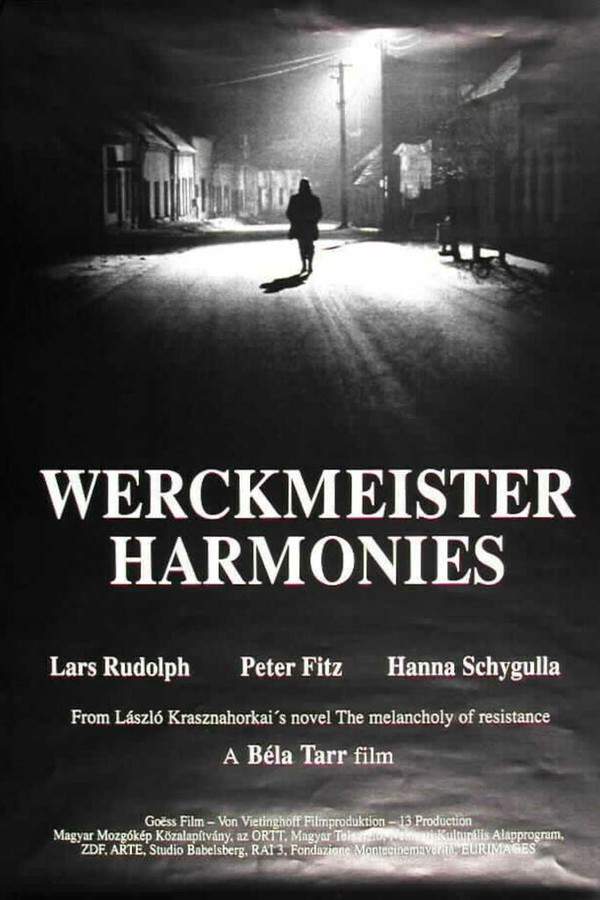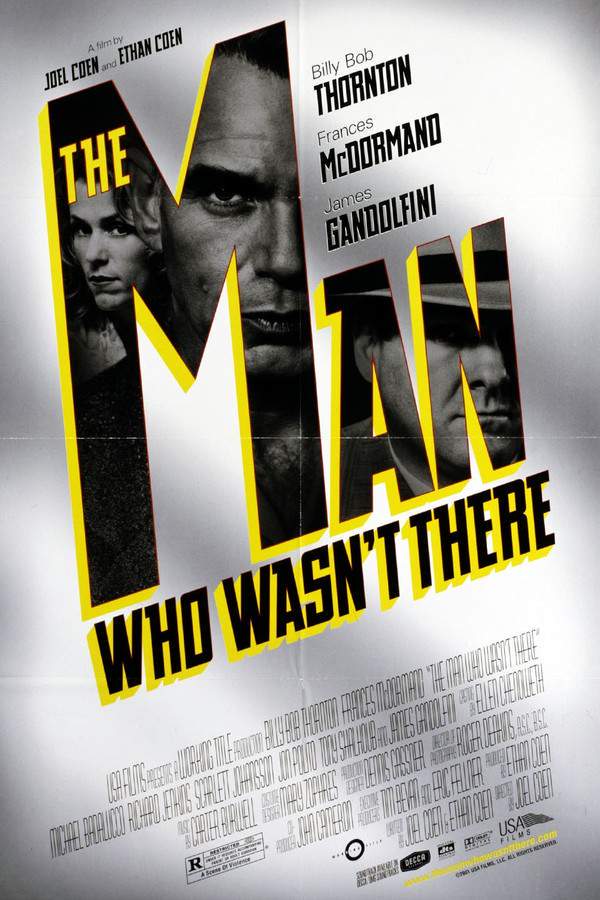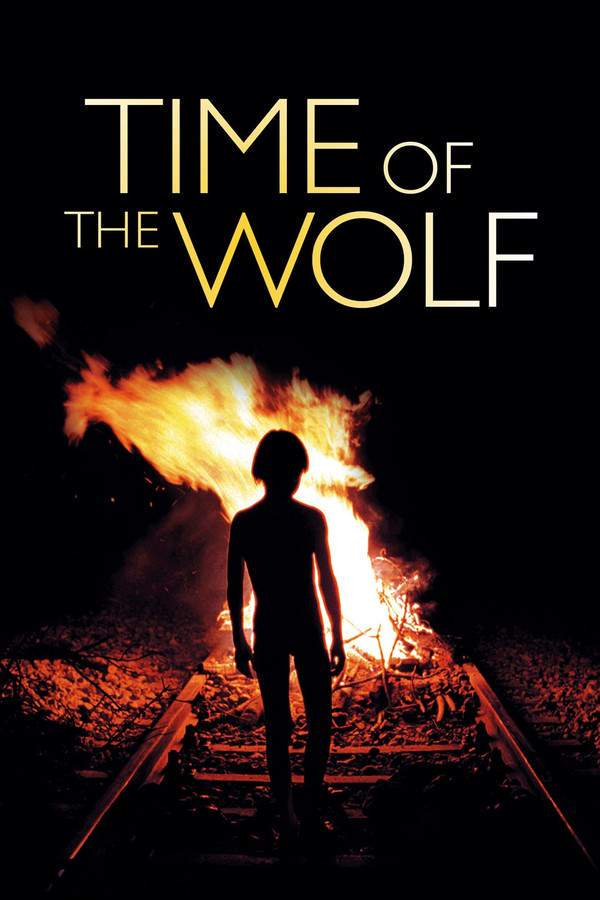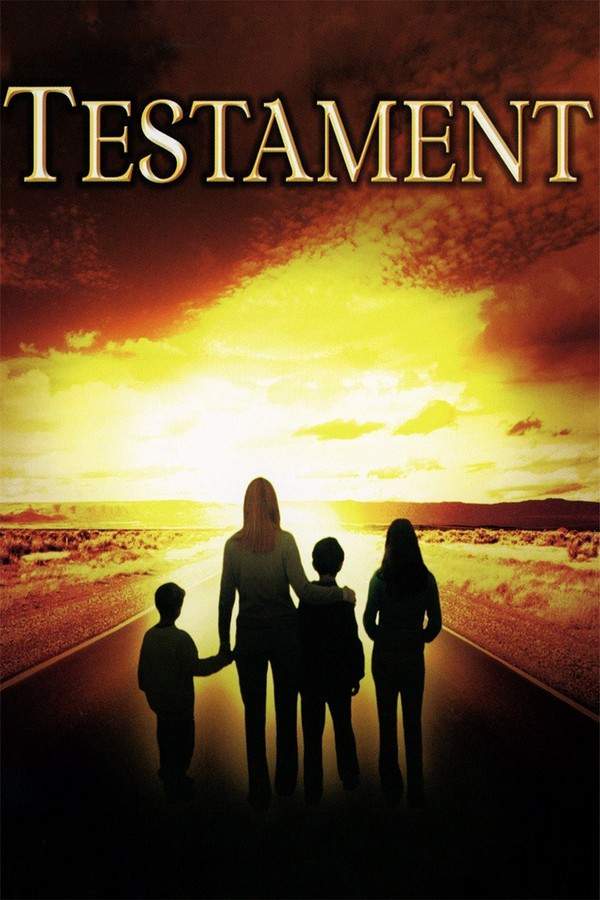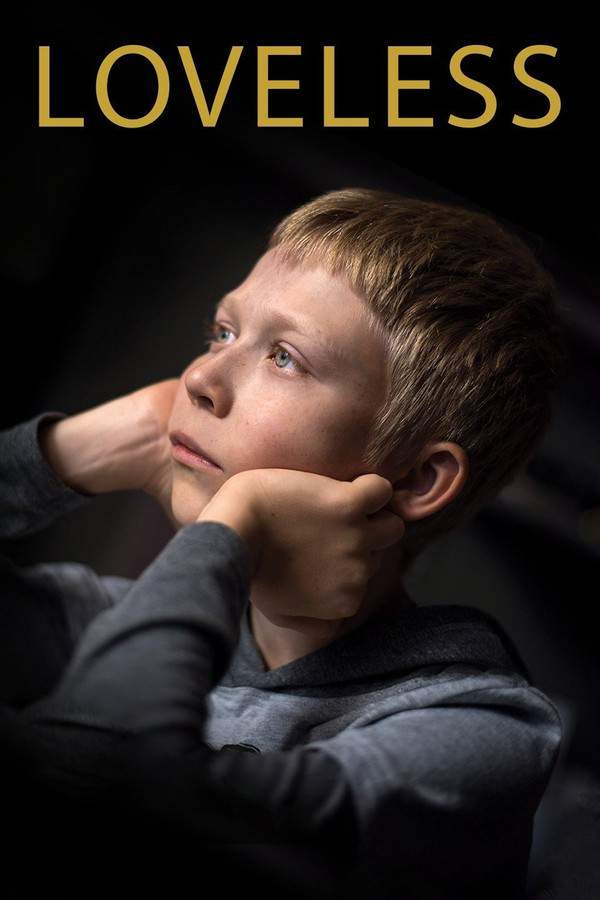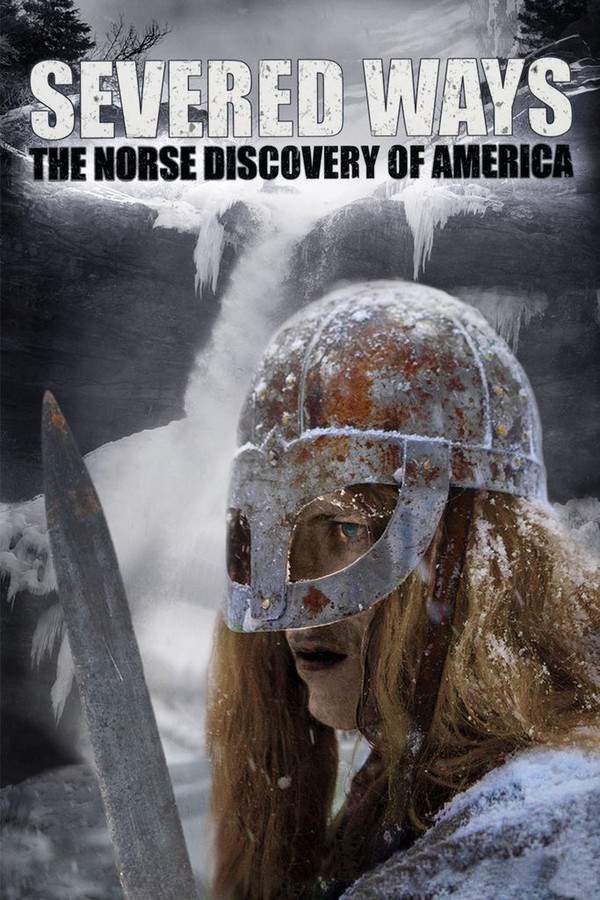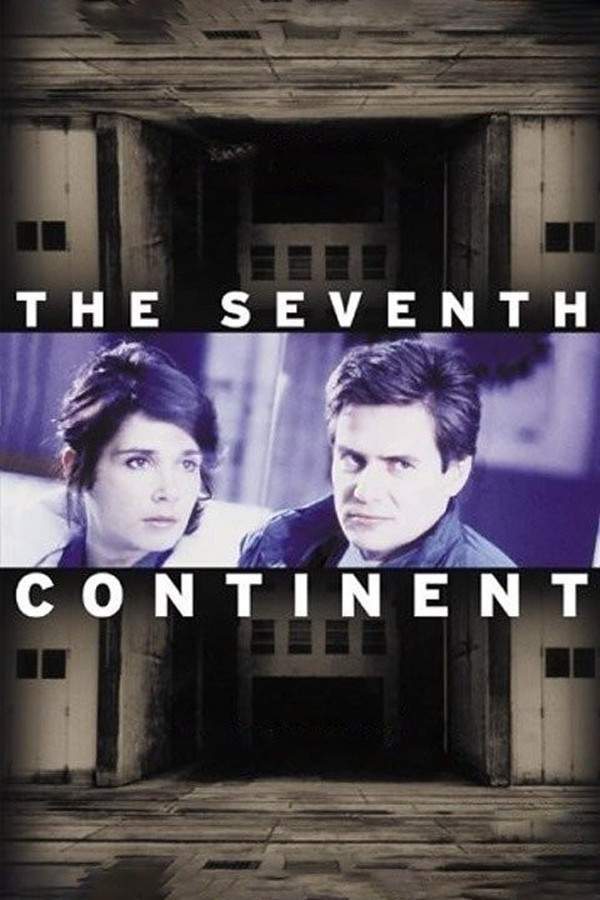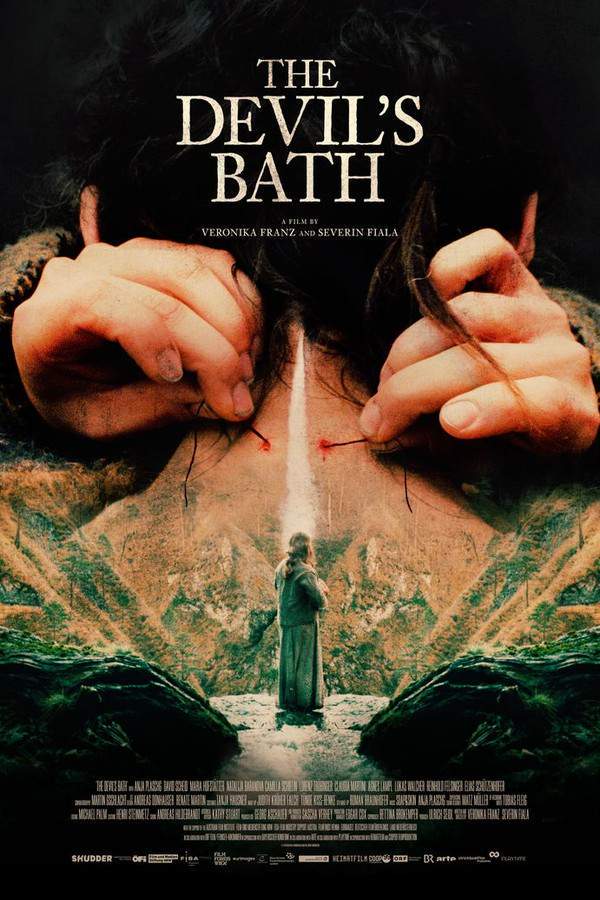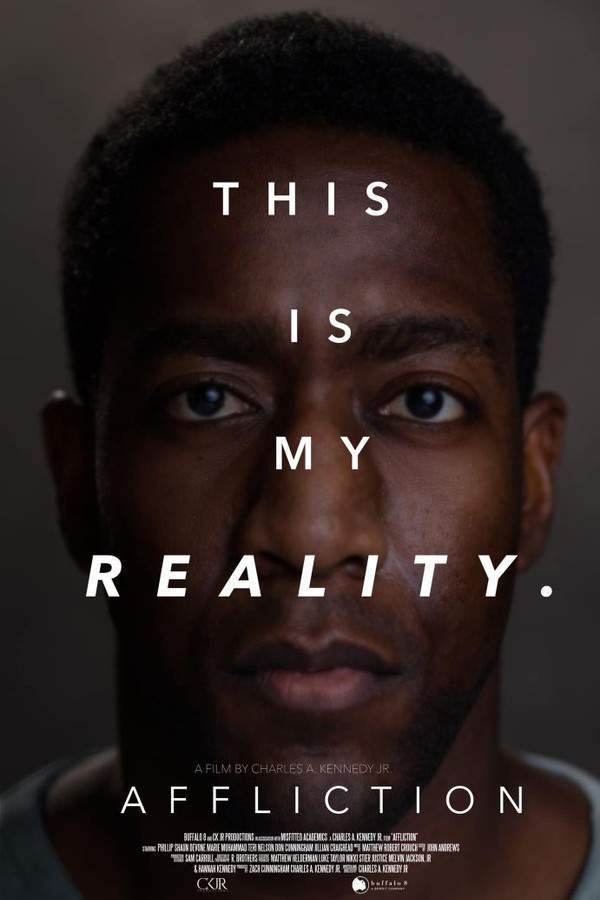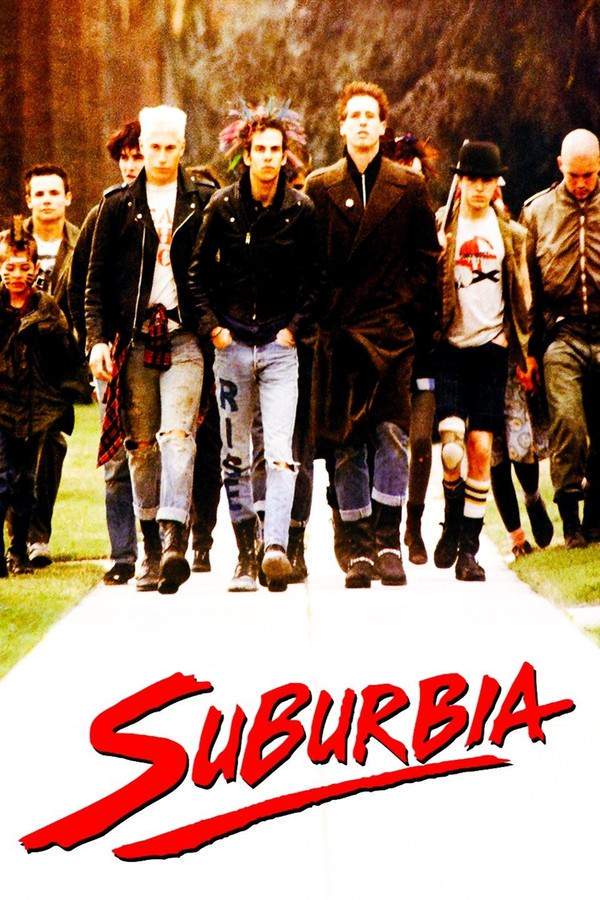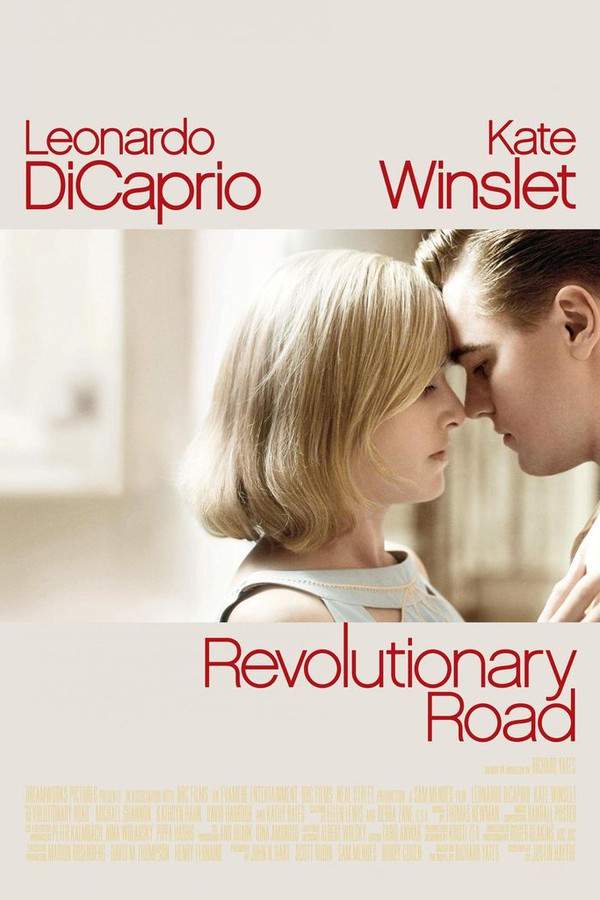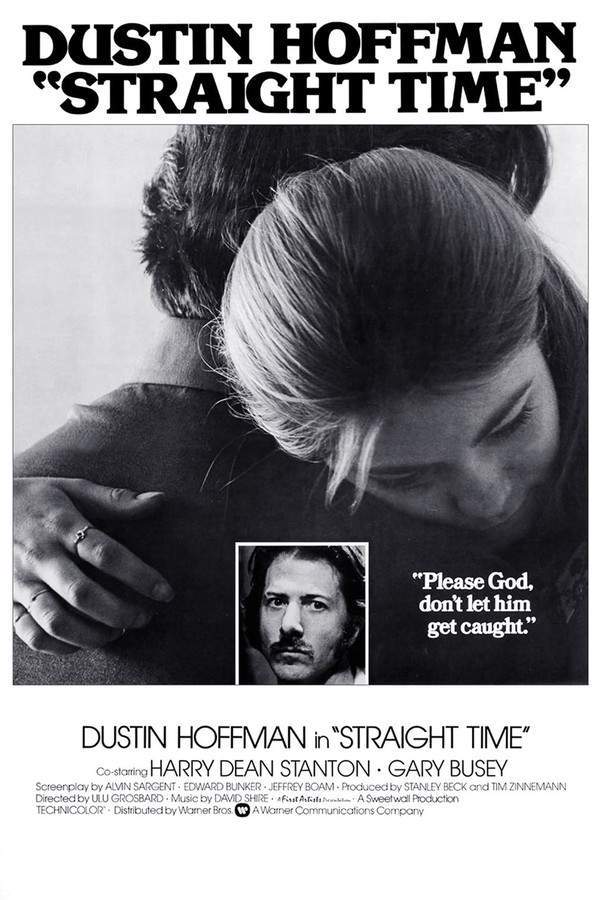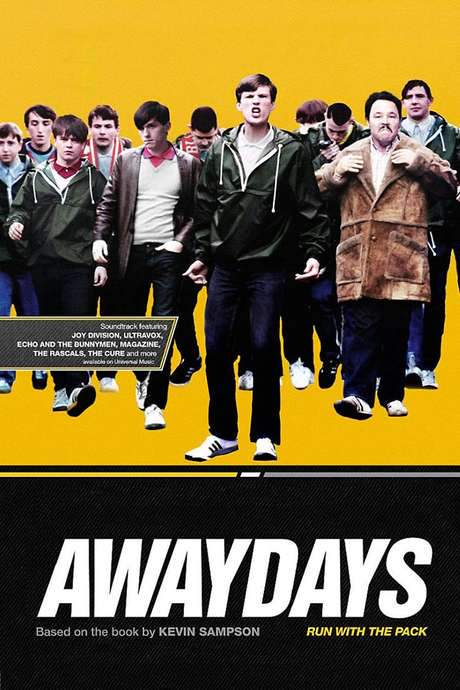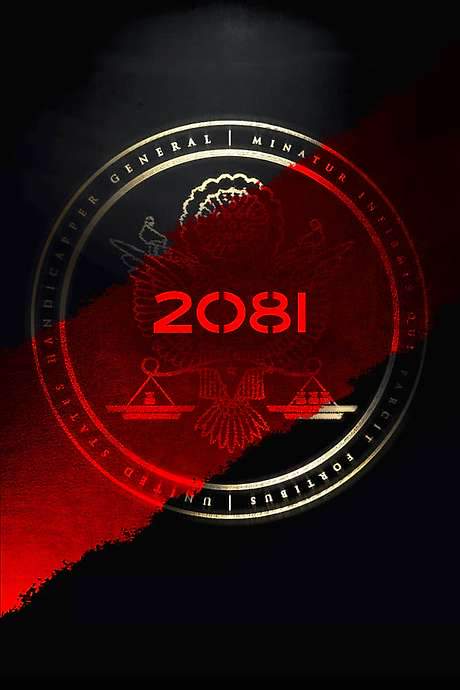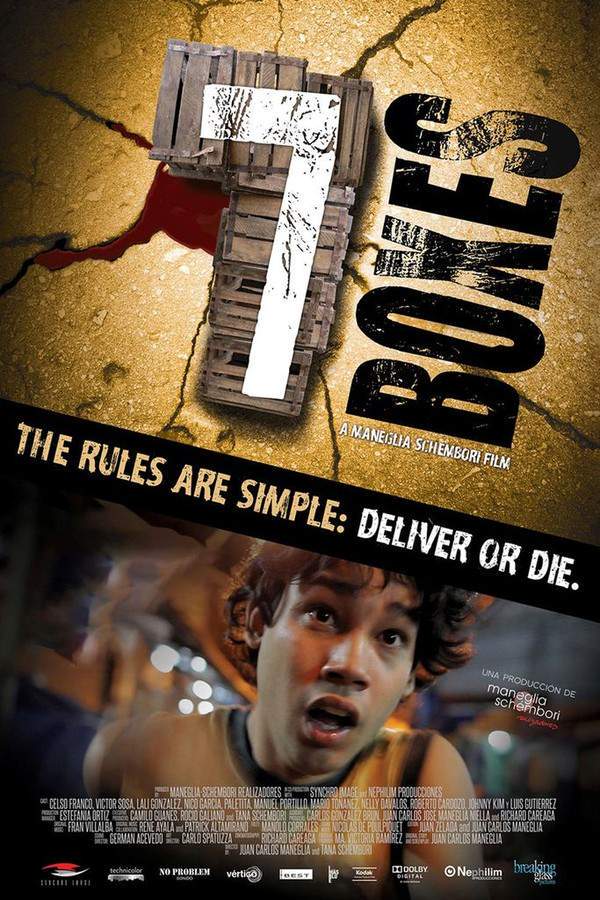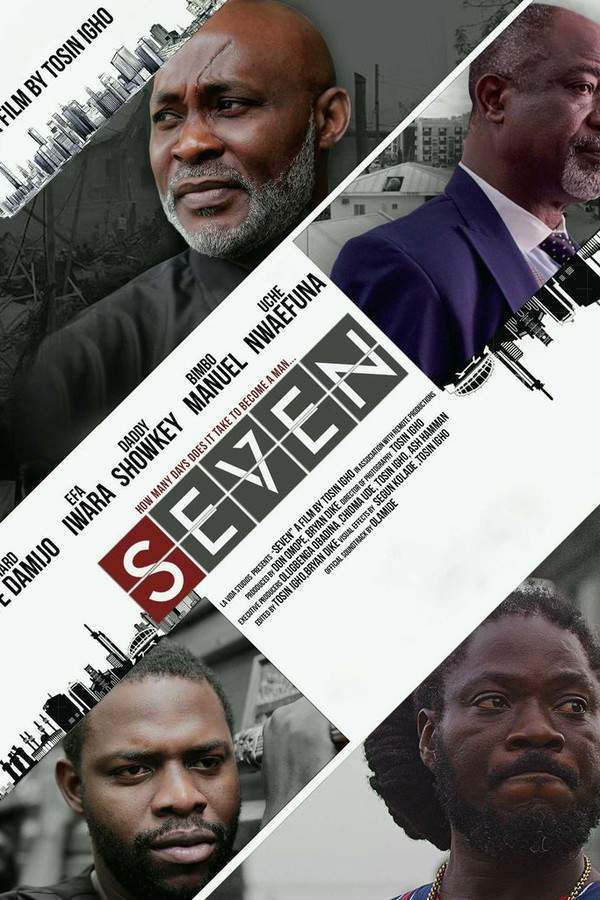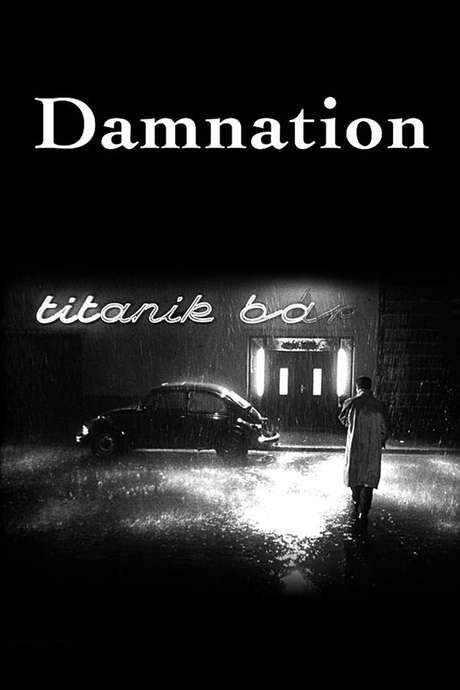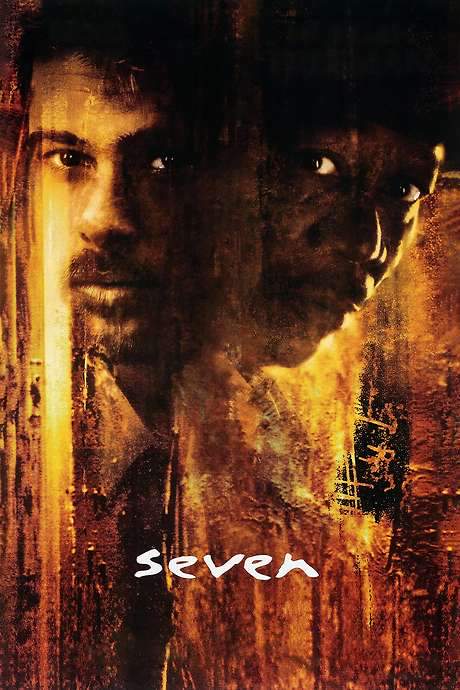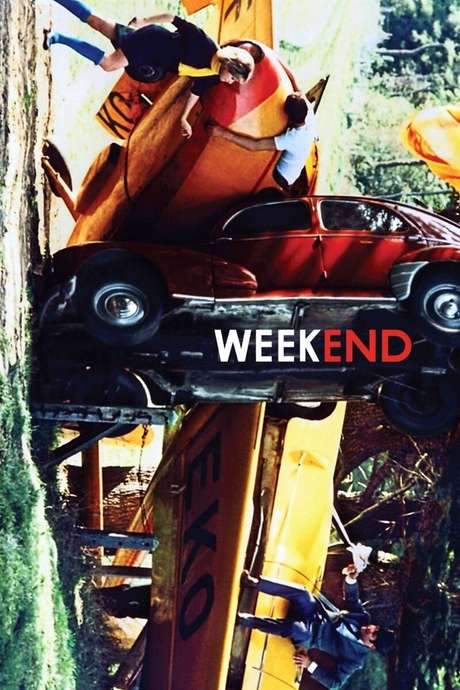
The Seventh Continent
Year: 1989
Runtime: 107 mins
Language: German
Director: Michael Haneke
Over three years, the film follows a middle‑class family caught in the monotony of daily routines and occasional minor setbacks. Beneath their seemingly calm, repetitive existence, the members conceal a dark, coordinated plan that slowly emerges as the story unfolds.
Warning: spoilers below!
Haven’t seen The Seventh Continent yet? This summary contains major spoilers. Bookmark the page, watch the movie, and come back for the full breakdown. If you're ready, scroll on and relive the story!
The Seventh Continent (1989) – Full Plot Summary & Ending Explained
Read the complete plot breakdown of The Seventh Continent (1989), including all key story events, major twists, and the ending explained in detail. Discover what really happened—and what it all means.
The film unfolds in three parts, each built around a family whose quiet routines gradually reveal a mounting discomfort with the sterilized rhythms of modern life. In the first two segments, set in 1987 and 1988, we watch a single day in the life of Georg, Dieter Berner and his wife Anna Schober, Birgit Doll, together with their daughter Eva Schober, Leni Tanzer. The atmosphere is deliberate and restrained: the family performs ordinary tasks with a near-ritual precision, meals and chores unfolding in long, quiet takes. Dialogue, when it occurs, is sparse, and much of the emotional temperature is conveyed through gestures and glances rather than speech. Early in each chapter, a soft voice-over carries the wife’s reading of a letter addressed to Georg’s parents, recounting his professional successes. These letters, delivered with a calm cadence, illuminate a world where achievement is carefully documented, but human warmth feels almost absent. The day-to-day scenes are frequently almost wordless, creating a sense of stasis that hints at something unresolved beneath the surface.
In the final, decisive third part, which takes place in 1989, the family’s world explodes outward from the intimate sphere of routine into a dramatic, irreversible choice. The period begins with a visit to the grandparents, after which the husband narrates a letter written the following day, announcing that he and his wife have resigned from their jobs and decided “to leave.” The film shows them embracing a drastic plan: they intend to emigrate to Australia, close their bank accounts, sell their car, and purchase a large variety of cutting tools. A crucial moment arrives when he confesses that it was a hard decision whether to take Eva with them, but they decide to do so after Eva states that she is not afraid of death. This acceptance—whether genuine or instrumental—becomes the moral center around which the rest of the action turns.
A luxurious family meal anchors the sequence, a counterpoint to the upheaval that is about to unfold. During the meal, a phone call comes through and, in a deliberately transgressive gesture, they leave the phone dangling, choosing to ignore any further interruptions. What follows is a meticulous, almost clinical dismantling of the life they’ve built. They destroy every possession in the house in an automatic, passionless manner, ripping up cash and flushing it down the toilet. The only moment of uncontainable emotion occurs when Georg shatters the large fish tank; Eva screams and the scene lurches into a rare dissolution of composure as the family confronts mortality in the most visceral way. Throughout the destruction, the phone company arrives, insisting that the phone must be reconnected, and Georg responds with a practical stubbornness, muffling the bells and door chimes with cotton to maintain a sense of control.
The culmination is harrowingly stark: they commit suicide by overdosing on pills dissolved in water, Eva first, then Anna, and finally Georg, who vomits the liquid and must resort to injecting himself. In a stark final act of methodical control, Georg writes the names, dates, and times of death for all three on the wall, leaving a question mark for his own estimated time of death. An envelope addressed to Georg’s parents is taped to the door, a cold, formal touch that underscores the absence of appeal or plea. In his last moments, Georg lies beside Eva and Anna, watching the television’s static as the house quiets around him. Brief flashes from the film suggest that his life is briefly illuminated by memory or dream—moments that seem to flicker as if life itself is rushing past.
After the end, the film notes that, despite the explicit suicide note, Georg’s parents speculated about homicide and a police investigation was carried out. Yet the narrative remains clear: no evidence of murder is found, and the tragedy is presented as an act that crystallizes the family’s disintegration rather than a mystery to be solved.
Throughout the film, the visual style sustains a sense of clinical detachment—everyday rituals become a language of release rather than nourishment. The characters—Georg, [Dieter Berner], Anna Schober, [Birgit Doll], and Eva Schober, [Leni Tanzer]—are drawn with a quiet, almost clinical precision that makes their final, collective decision feel both inevitable and devastating. The work invites us to witness how comfort with routine can mask a deeper anxiety about existence, and how a single, irrevocable choice can reframe a lifetime of ordinary moments into a dramatic, unswerving statement about the limits of freedom, responsibility, and love.
-
Georg, [Dieter Berner],
-
Anna Schober, [Birgit Doll],
-
Eva Schober, [Leni Tanzer]
Last Updated: October 09, 2025 at 14:19
Explore Movie Threads
Discover curated groups of movies connected by mood, themes, and story style. Browse collections built around emotion, atmosphere, and narrative focus to easily find films that match what you feel like watching right now.
Movies about clinical despair like The Seventh Continent
Films portraying methodical and detached unraveling toward existential despair.For viewers seeking movies like The Seventh Continent that depict a methodical and detached descent into nihilism. These films share a bleak tone, slow pacing, and heavy emotional weight, focusing on characters consumed by existential crisis and alienation in modern life.
Narrative Summary
The narrative pattern involves a gradual, almost procedural build-up of mundane details that mask a deep-seated despair. The story slowly peels back the facade of normalcy to reveal a chillingly deliberate plan for self-destruction, often framed as a logical response to an absurd or empty existence.
Why These Movies?
These films are grouped by their shared clinical tone, oppressive atmosphere, and focus on existential themes. They prioritize a sense of methodical inevitability over dramatic outbursts, creating a uniquely unsettling and thought-provoking viewing experience centered on the breakdown of meaning.
Movies about the oppression of routine like The Seventh Continent
Stories where the crushing weight of daily repetition leads to explosive revolt.If you liked The Seventh Continent's depiction of monotonous life as a form of imprisonment, this list is for you. Discover similar movies where characters are suffocated by daily rituals, leading to profound crises and dramatic acts of rebellion against their mundane existence.
Narrative Summary
The narrative unfolds by meticulously documenting the rituals of everyday life—work, meals, family interactions—to highlight their soul-crushing repetition. This monotonous surface slowly cracks under the pressure of unexpressed alienation, culminating in a violent or radical rejection of the entire system that defined the characters' lives.
Why These Movies?
These movies share a central theme: modern life's routines are a subtle form of violence against the self. They connect through a slow, observational pacing that makes the monotony palpable, a bleak tone that questions the point of it all, and a climax that shatters the illusion of peaceful normalcy.
Unlock the Full Story of The Seventh Continent
Don't stop at just watching — explore The Seventh Continent in full detail. From the complete plot summary and scene-by-scene timeline to character breakdowns, thematic analysis, and a deep dive into the ending — every page helps you truly understand what The Seventh Continent is all about. Plus, discover what's next after the movie.
The Seventh Continent Timeline
Track the full timeline of The Seventh Continent with every major event arranged chronologically. Perfect for decoding non-linear storytelling, flashbacks, or parallel narratives with a clear scene-by-scene breakdown.

Characters, Settings & Themes in The Seventh Continent
Discover the characters, locations, and core themes that shape The Seventh Continent. Get insights into symbolic elements, setting significance, and deeper narrative meaning — ideal for thematic analysis and movie breakdowns.

The Seventh Continent Spoiler-Free Summary
Get a quick, spoiler-free overview of The Seventh Continent that covers the main plot points and key details without revealing any major twists or spoilers. Perfect for those who want to know what to expect before diving in.

More About The Seventh Continent
Visit What's After the Movie to explore more about The Seventh Continent: box office results, cast and crew info, production details, post-credit scenes, and external links — all in one place for movie fans and researchers.

Similar Movies to The Seventh Continent
Discover movies like The Seventh Continent that share similar genres, themes, and storytelling elements. Whether you’re drawn to the atmosphere, character arcs, or plot structure, these curated recommendations will help you explore more films you’ll love.
Explore More About Movie The Seventh Continent
The Seventh Continent (1989) Scene-by-Scene Movie Timeline
The Seventh Continent (1989) Movie Characters, Themes & Settings
The Seventh Continent (1989) Spoiler-Free Summary & Key Flow
Movies Like The Seventh Continent – Similar Titles You’ll Enjoy
7 Boxes (2014) Movie Recap & Themes
Seven (1995) Full Summary & Key Details
Seven Stages to Achieve Eternal Bliss (2018) Ending Explained & Film Insights
Seven and a Half (2019) Plot Summary & Ending Explained
7 Seconds (2005) Detailed Story Recap
Seven Invisible Men (2005) Plot Summary & Ending Explained
The Seventh Day, the Eighth Night (1990) Detailed Story Recap
Damnation (1988) Full Movie Breakdown
Se7en (1995) Spoiler-Packed Plot Recap
Weekend (1967) Detailed Story Recap
The Seventh Floor (1994) Full Summary & Key Details
The Cars That Ate Paris (1974) Ending Explained & Film Insights
Clean, Shaven (1993) Plot Summary & Ending Explained
The 7th Commandment (1961) Story Summary & Characters
The Eighth Clause (2022) Plot Summary & Ending Explained

